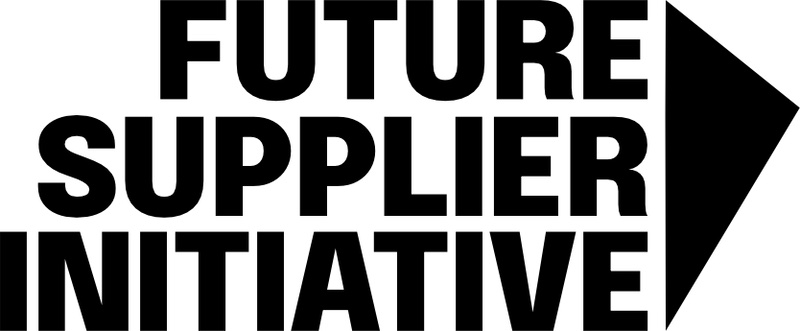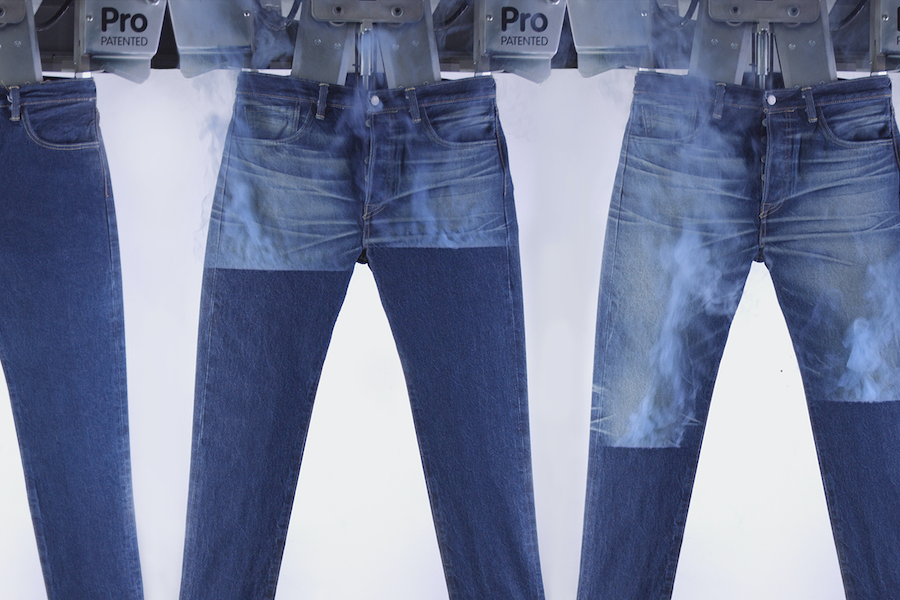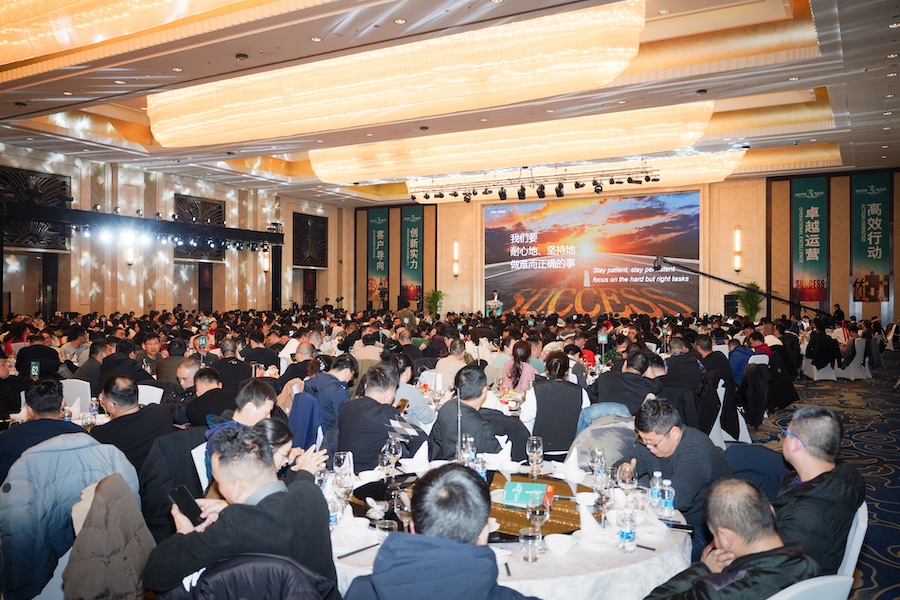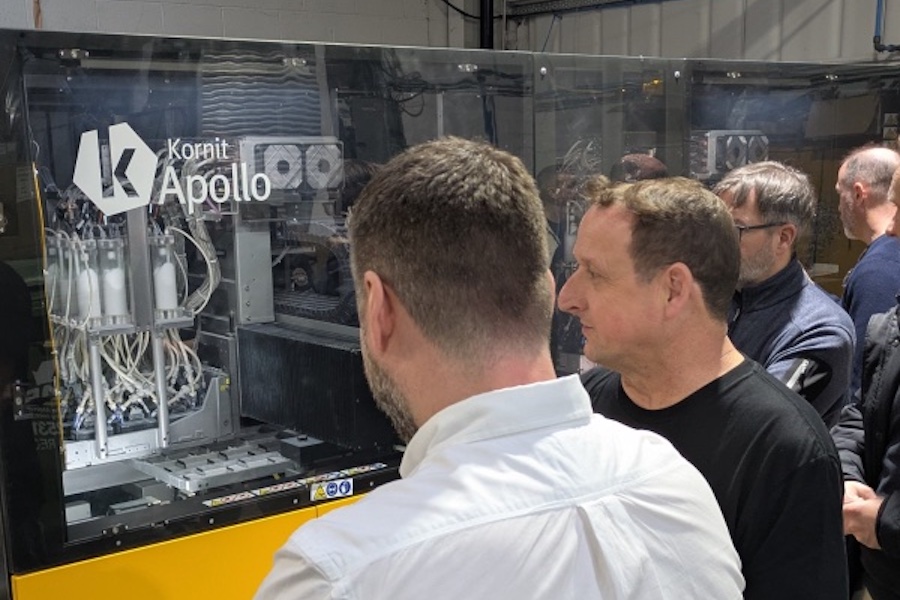#Sustainability
Major brands commit to innovative collective financing model to decarbonise the fashion sector

The Future Supplier Initiative, facilitated by The Fashion Pact in partnership with Apparel Impact Institute, Guidehouse, and DBS Bank, offers a collective financing model to support deep decarbonisation in the apparel sector.
With an estimated 99% of total fashion brand emissions occurring in the supply chain* (Scope 3), the Future Supplier Initiative aims to accelerate the transition to net zero by sharing the financial risks and responsibilities of transitioning to renewable energy sources in Tier 1 and 2 garment and textile factories.
The initiative is a brand-agnostic mechanism that will develop and finance projects to support both brands and suppliers to meet their Science Based Targets (SBTs) and stay within the 1.5 degree trajectory.
A combination of technical support and financial incentives will be used to help overcome the barriers that prevent many factories from adopting electrification and renewable energy solutions.
The cost of inaction on climate change is unaffordable. If the fashion sector is to meet its goals and transform its supply chain, we urgently need to address the gap between ambition and action.
The Future Supplier Initiative is a unique opportunity for fashion retailers to join forces and drive progress towards science based targets, and offer much needed financial and technical support to apparel suppliers in their journey to decarbonisation. No single business alone can solve this challenge, but by sharing the costs, risks and responsibilities of the transition to renewable energy, we can build an ecosystem of solutions and kickstart a new era of change.
Eva von Alvensleben, Executive Director and Secretary General of The Fashion Pact
Overcoming barriers to decarbonisation
To achieve significant emission reductions, suppliers might adopt a range of energy efficient technologies and processes, as well as transitioning to renewable energy sources, often with lengthy payback periods that can take decades. This deters many suppliers from embracing electrification and renewable energy solutions, hindering progress towards decarbonisation goals.
To help accelerate progress and bridge these gaps, the Future Supplier Initiative aims to reduce the cost for suppliers by working with fashion brands to decrease the cost of capital for loans that can accelerate decarbonisation.
Alongside financial incentives, technical support will be provided to help suppliers identify and implement low carbon technologies and solutions. Baselining and monitoring emission reductions will also be conducted to demonstrate the impact of projects financed and implemented by the initiative.
The initiative seeks to identify and match projects with the highest potential for impact. By identifying common factory units, interventions and costs, it will enable a global and regional joint effort between fashion brands, moving from targets and roadmaps to implementation and measurable reduction, beyond energy efficiency measurements.
At BESTSELLER, we are working intensively to improve our climate footprint. We have largely managed to tackle our direct emissions, but it is clear that emissions in our value chain require ambitious efforts on a scale that calls for innovative, joint solutions. The Future Supplier Initiative represents a new mindset for how fashion companies can come together and accelerate the solutions necessary for the green transition across the industry and specifically in countries specialised in manufacturing. We know that as an industry, we still have many steps ahead of us, but we believe that the Future Supplier Initiative can make a positive and significant difference.
Anders Holch Povlsen, Owner and CEO of BESTSELLER
Gap Inc. is committed to bridging the climate gap by collaborating with our supply chain partners to reduce emissions. And we’re eager to see our commitment matter even more. That’s why we participate in the Future Supplier Initiative, which unites brands, technical partners, and financial institutions to drive meaningful climate action across the industry, better and faster than any one company can on its own.
Richard Dickson, President and CEO, Gap Inc.
At H&M Group, we want to lead the way within our industry and decarbonizing our supply chain is one of the most important keys to further reduce our emissions. The Future Supplier Initiative shows that solutions are readily available and come with proven impact, but it requires commitments from brands and investors that are willing to invest. We encourage others to join our efforts to tackle our industry’s negative climate impact.
Daniel Ervér, CEO of H&M Group
Mango sees sustainability as a journey the fashion industry has to make in order to achieve a more just society, and to reduce its environmental and social impact. In order to reach our climate ambitions, fashion companies inevitably need to decarbonize our supply chains. The joint effort that represents the Future Supplier Initiative is definitely a huge step forward from the industry in allowing for affordable funding for factories to engage in energy efficiency initiatives, and a sign that cooperation is possible in our sustainability journey.
Toni Ruiz, CEO of Mango
To achieve this industry’s ambitious climate goals, it’s imperative that every stakeholder leverages their influence to drive tangible change. A joint effort among brands and retailers is essential to create conditions where suppliers are motivated and capable of making these investments. Financial institutions are poised to offer better finance options provided there’s a robust pipeline of suppliers ready to embrace decarbonisation efforts. The acceleration of these efforts occurs when the industry aligns its resources and investments toward the most impactful solutions.
Lewis Perkins, president and CEO, Apparel Impact Institute
Accelerating net zero for supply chains requires the rapid scaling of low-carbon technologies, innovative financing models and deliberate action by an ecosystem of partners to drive adoption. The Future Supplier Initiative brings these elements together to offer practical help by directly funding factory upgrades to help suppliers improve their energy efficiency and reduce their carbon footprints. Decarbonising the world’s apparel sector extends beyond geographical boundaries — DBS is honoured to be the first bank and founding partner to this landmark initiative, partnering with global brands to create a more sustainable fashion industry. This is how we make real impact to the real world.
Tan Su Shan, Group Head of Institutional Banking, DBS Bank
Supplier decarbonization must progress more quickly to meet the scientifically based climate targets. The Future Supplier Initiative (FSI) aims to bridge the gap between the current way of doing business and the needs of operating in a world constrained by climate change. FSI provides technical, financial, and program management support to help suppliers maintain sustainability, resilience, and competitiveness.
Gaurav Menon, Partner at Guidehouse
Global initiative to begin in Bangladesh, with aims to expand
The initiative will begin with a programme in Bangladesh, supported by Bestseller, Gap Inc., H&M Group and Mango.
The Future Supplier Initiative is actively recruiting more brands, with the intention of expanding to other key apparel manufacturing regions including Vietnam, India, China, Italy and Turkey.
In its first year, the cohort will prioritise factories based on impact, build technical proposals for achieving deep decarbonisation, and de-risk lending to suppliers to implement these projects at more attractive rates. Year two of the programme will focus on project implementation and monitoring of the climate impact created through these investments.
By bringing in more brands and geographies into the programme, the Future Supplier Initiative aims to support brands and their supply chains in achieving their near-term Science Based Targets by 2030.
The Future Supplier Initiative is actively recruiting more brands and suppliers. For more information on how to join, please visit https://futuresupplierinitiative.com.















